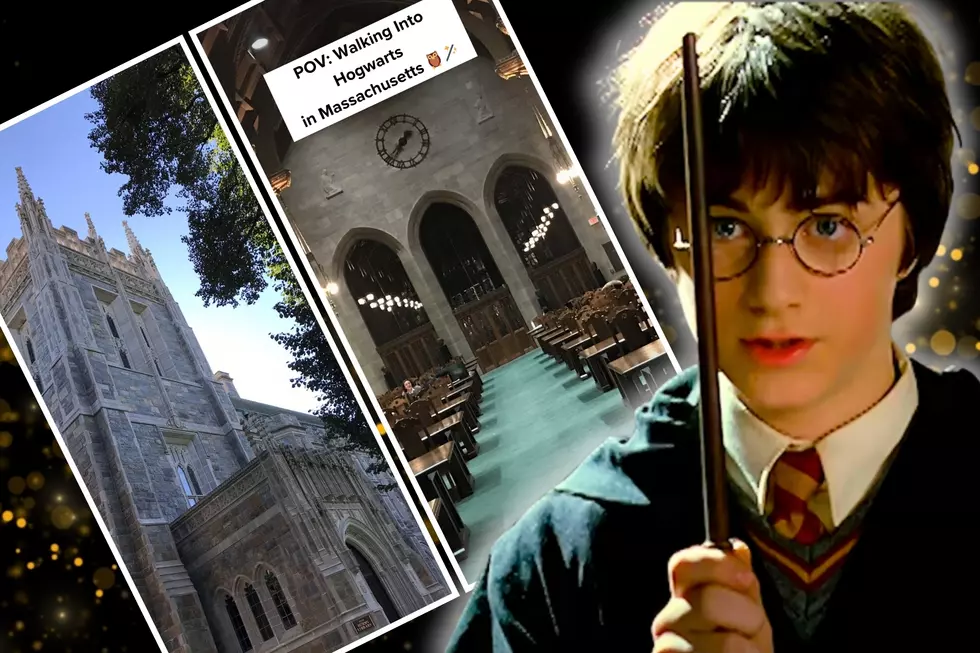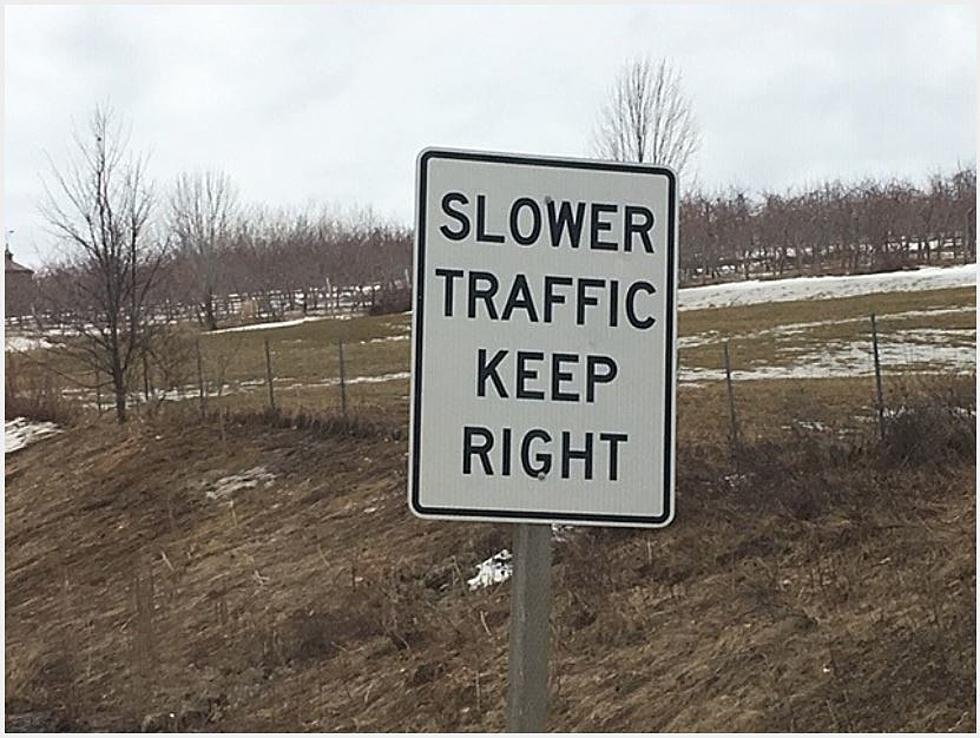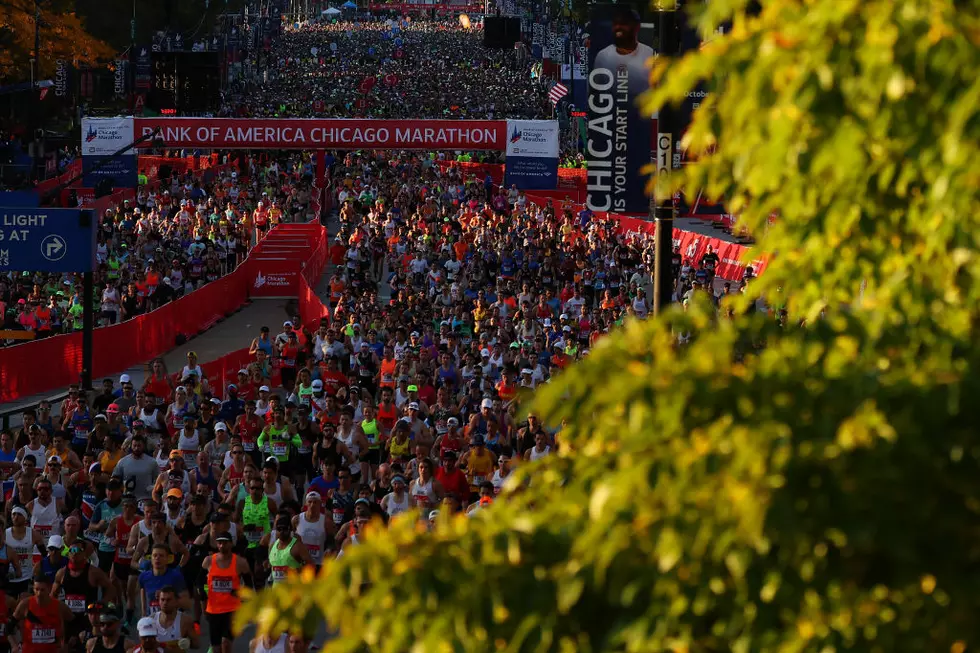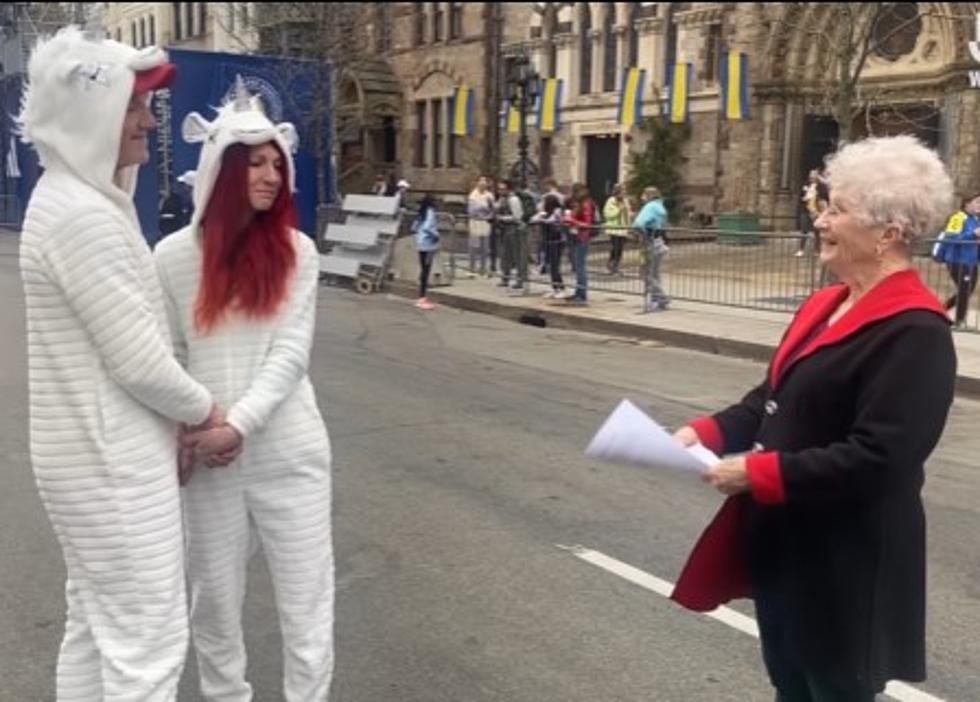
Here’s How the Boston Marathon Messes Up Even Expert Runners
Boston. The "Center of the Universe", the home of "Boston Strong" banners and passionate Southies. Its marathon is on the list of every seasoned runner's aspirational races and its cutoff times ensure that only the most dedicated get to join in on the fun.
You'd think a race through the city would be an ideal opportunity for runners to set a personal record, but it's known to be a notoriously difficult 26.2 miles. Why? A Wired article recently laid out the four main factors that make the Boston Marathon an infamously challenging one for even the most seasoned runners.
1) Notoriously Tough Weather
Spring in Boston is famously unpredictable. In 2004, temperatures raised to 85 degrees during the race. In 2007, the wind chill plummetted temps to the 20s. In 2012, it was back up to the 80s and more than two thousand runners required medical attention because of the heat.
2) Strategically Placed Hills
Downhill is usually regarded as a perk in a race course, but too much downhill early on wears out runners' quads, just in time for the brutal uphill climb between miles 16-21. For veterans who know not to burn themselves out on the early descent, Heartbreak Hill might not live up to its name, but for rookies who start out firing all cylinders on the downhill start, those hills are killer.
3) The Windy City
Chicago got its nick name for all the talk by Midwest politicians, but it doesn't hold a candle to the gusts that Boston sees on average. Boston is the windiest major city in the nation, and the course is predominantly west to east as opposed to most marathons' loop course, which means a strong wind could be pummeling you in the face or pushing you faster than your comfortable pace, burning out your legs before you reach the home stretch.
4) So Many Turns
While Boston's course lacks 90-degree turns the sort of which break your momentum, the winding course rounds partial turns often enough that you could likely end up running more than the whopping 26.2 miles you signed up for. The course is calculated meticulously to meet marathon distance standards, the Wire column clarifies, but unless you're running alone from one inside corner to the rest (which is the opposite reality of most marathon racers), you're putting in more steps than you trained for.
Ultimately, these factors combine to slow down elite runners a potential average of 90 seconds overall, which, if you're a seasoned marathoner, is big. But if you're crazy enough to be a seasoned marathoner, you're crazy enough to love the Boston marathon despite (or maybe because of!) its quirks.
More From Q97.9









